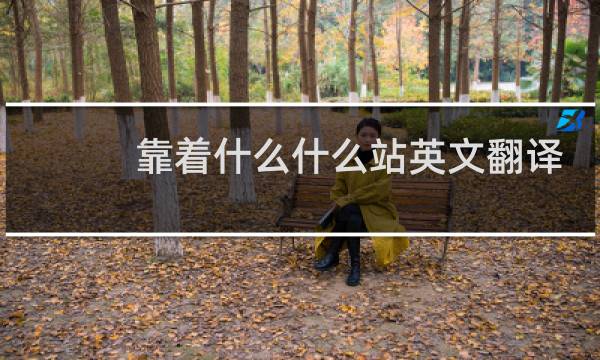靠着什么什么站英文翻译

【靠着……站的英文是?】
When it comes to the English translation of \"靠着……站\", we can use \"Stand by\". This phrase often indicates standing in a supportive or standby position.
靠着……站是哪个英语词组?
靠着.....站 can be translated to \"stand against\" or \"stand by\". For example, students standing with their backs against the wall, waiting for their turn to share experiences, can be a common scenario in certain situations.
【句子翻译成英文:他正靠着一棵树站着】
The correct translation of \"他正靠着一棵树站着\" would be \"He\'s standing against a tree.\" This phrase implies the physical act of leaning on or standing in close proximity to an object for support.
...withherbackagainsttheteacher'sdesk.这句话怎么翻译?_作业帮
Translate: \"她将她的背靠着/倚着老师的桌子站着\". This sentence conveys the image of someone positioning themselves with their back touching or in contact with the teacher\'s desk. The use of \"against\" emphasizes the physical support or reliance on the desk.
【初中英语:一些单选并翻译】
1. The answer is D. \"against\" can indeed imply the idea of leaning or relying on something. For example, \"他靠着根旗杆站着\" can be translated as \"He stood by the flagpole\". In this context, \"against\" indicates a physical connection or support.
Heisstanding_____atree._
To fill in the blank, the correct preposition would be \"under\". The complete sentence would be \"He is standing under a tree.\" This implies the person is positioned beneath the tree\'s canopy for shade or shelter.
挨着;靠着用英语怎么翻译?
When translating \"挨着;靠着\" into English, the phrase \"next to\" can be used. For instance, \"挨着她的车\" can be translated as \"The car next to hers\". This conveys the idea of close proximity or adjacency.
英语翻译1.那位老人背倚着墙站在那里
An accurate translation for \"那位老人背倚着墙站在那里\" would be \"The old man stood there with his back against the wall\". This description paints a picture of someone leaning on or touching the wall while standing.
standonone'sowntwofeet
The phrase \"stand on one\'s own two feet\" not only means physically supporting oneself on one\'s feet but also implies independence and self-sufficiency in a broader sense. It signifies the ability to take care of oneself and make decisions autonomously.



